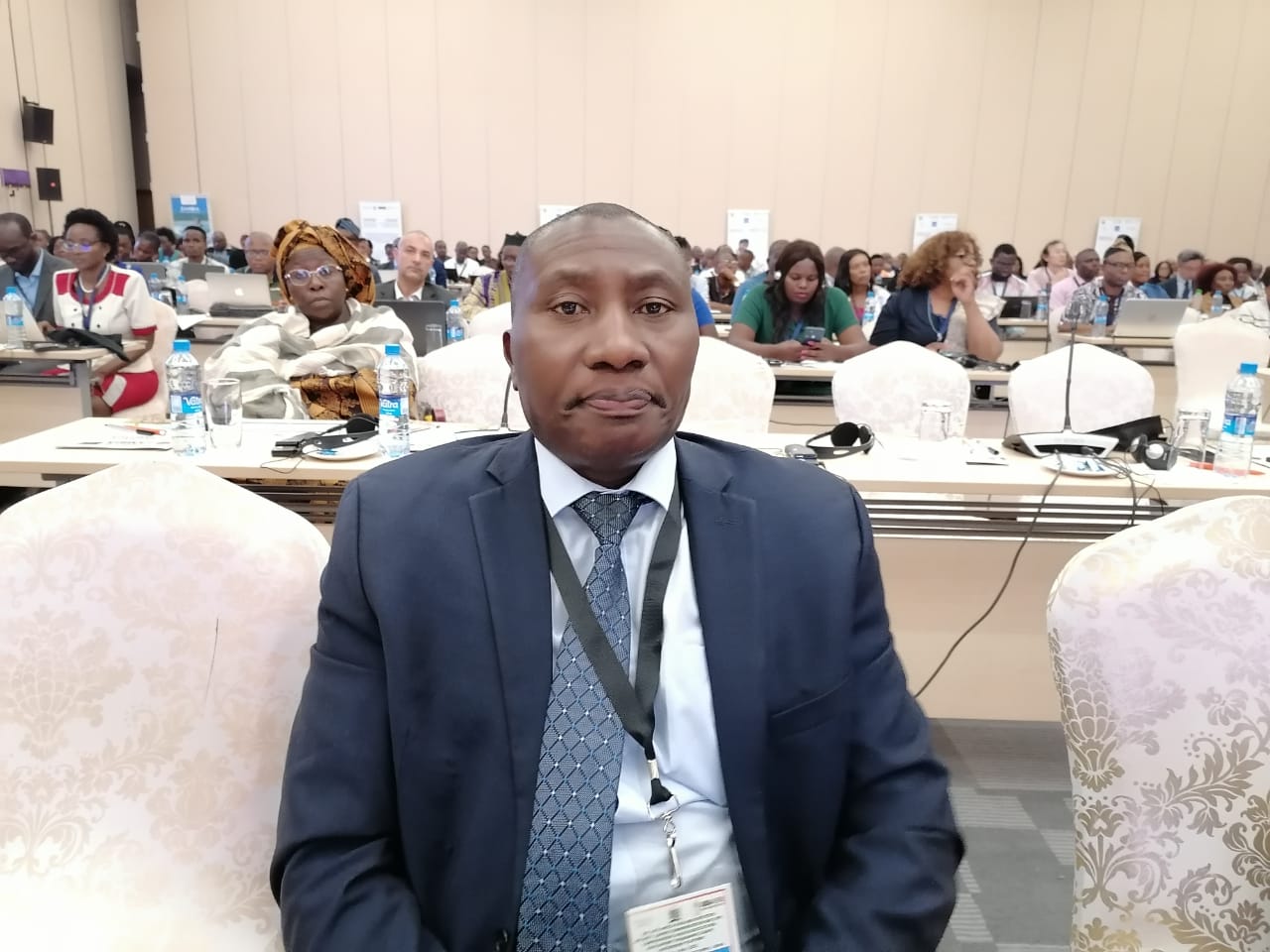The 3rd Comprehensive Africa Agriculture Development Program CAADP Biennial Report which was released in 2021 lists Kenya as the only country in Africa that is on track to ending hunger by 2025 with a score of 6.40.
Speaking when he presented a paper at the opening of the 14th Africa Day for Food and Nutrition Security (ADFNS) and the commemoration of the 19th Comprehensive Africa Agriculture Development Program (CAADP) Partnership Platform, in Lusaka, Zambia, the Director of Agriculture and Rural Development at the African Union Commission (AUC) Dr. Godfrey Bahiigwa said that the 2021 Biennial Report shows that Kenya was the only country that could achieve the target on ending hunger by 2025.
Among the scores for Kenya was that 75.0% of youth are engaged in new job opportunities in the agriculture value chains; that the country has realized 63.2% reduction of post-harvest loss for national agricultural commodities; a 100.0% response to spending needs on social protection for vulnerable social groups, from the government budget; a 109.8% increase of agricultural value added per agricultural worker; and 126.7% increase of agricultural value added per arable land.
Sustainable Development Goal 2 on Zero Hunger envisages that by 2030 the world will have ended all forms of malnutrition. However, Africa set the Ending Hunger by 2025 as one of the targets during the Malabo Declaration on Agriculture Transformation of 2014.
He told the meeting with the theme: “Accelerating the implementation of the African Continental Free Trade Area Agreement in the context of CAADP Commitment for Safer and Healthier Diets,” that Africa is grappling with the challenge of hunger, noting that one in every five people in Africa is food insecure, “over 280 million African are hungry, that is one in every five Africans,” he added.
Dr. Bahiigwa urged member states to work towards ending hunger by 2025 by sustaining the momentum in “rallying political, technical and financial commitments at all levels to address contemporary challenges facing the implementation of food and nutrition security interventions in Africa,” he said and added, “The commemoration of the Africa Day for Food Security and Nutrition (ADFSN) is not for the sake of it. It’s because the challenge of food insecurity and malnutrition still persists.”
While noting that the 4th CAADP BR report will presented to the ministers next month, Dr. Bahiigwa said that the meeting provides a platform for sharing experiences and lessons “and discussing opportunities strategies to promote intra-Africa agri-food trade and improved nutrition in Africa.”
He noted that the overall objective of the meeting was to facilitate action-oriented dialogue, learning, engagement, collaboration and commitment to actions among stakeholders in order to accelerate the implementation of Africa Continental Free Trade Area (AfCFTA) and to enhance Africa’s food system transformation in alignment with the goals and targets of the CAADP commitments.
Among the sub-themes being deliberated upon are: Reflection on the last 20 years of CAADP and the post-Malabo Agenda; Harnessing science, innovation, and research to enhance food and nutrition security; Financing agri-food and nutrition through private-sector involvement; Harnessing the nexus between CAADP and AfCFTA towards tripling intra-African trade in agricultural commodities and nutrition improvement; and Strengthening the capacities of institutions, partnerships, knowledge management, and learning.





